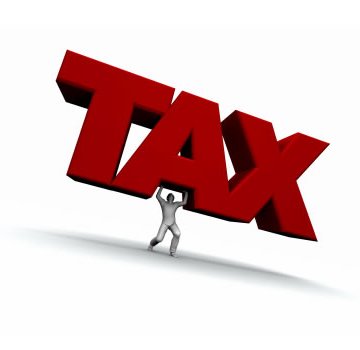
The country collected N767 billion in 2015; N828 billion in 2016; and N972 billion in 2017, signifying a growth of about 25 per cent.
Fowler who spoke in New York recently in an address delivered to the opening of the meeting of the United Nations’ Economic Council (ECOSOC), on Taxation and Digitalisation of the Economy and Taxation of ODA-Funded Projects ascribed the development to political will, international collaboration and cooperation of the judiciary.
He noted that such collaboration yielded a favourable judgement over Vodacom in the case of VAT liability for a non-resident company.
ALSO READ: PDP names Saraki DG Campaign Council
The FIRS boss who is also the First Vice Chairman of the United Nations International Committee of Tax Experts and Chairman, African Tax Administration Forum (ATAF), urged other developing countries to follow the Nigerian example, which includes tax treaties that assist collection and remittance.
To him, developing countries should grow VAT and other tax revenues from the digital economy to lessen dependence on revenue from natural resources.
In a statement, Fowler was quoted as saying “we have moved away from an oil-dependent revenue source to a non-oil revenue source. At the same time, we have focused on VAT.
“VAT continues to be the fastest growing tax type in the world and I was quite amazed when the UAE spoke about introducing VAT,” he said.
Using technology to capture all the VAT available, Fowler said Nigeria, in the last one year, has increased its tax revenue base by 800,000 corporate accounts and grown non-oil tax revenue to a stage that it accounts for 64.3 per cent of total revenue from 42.8 per cent between 2012 and 2014.
He reasoned that developing nations should focus on taxation, as they have no control over the prices of goods produced by developed economies from the natural resources they export.
He maintained that the only way to ensure sustainable socio-economic development is through taxation and called on developing countries to reform their tax processes, adding that 90 per cent of items produced in developed economies is sold in developing economies, depriving that latter of profits and taxes.
On tax revenue from the digital economy, Fowler counselled developing countries to take a leaf out of the book of their developed counterparts so as not to be left behind and urged the UN to show greater interest in the tax affairs of the developing countries.




